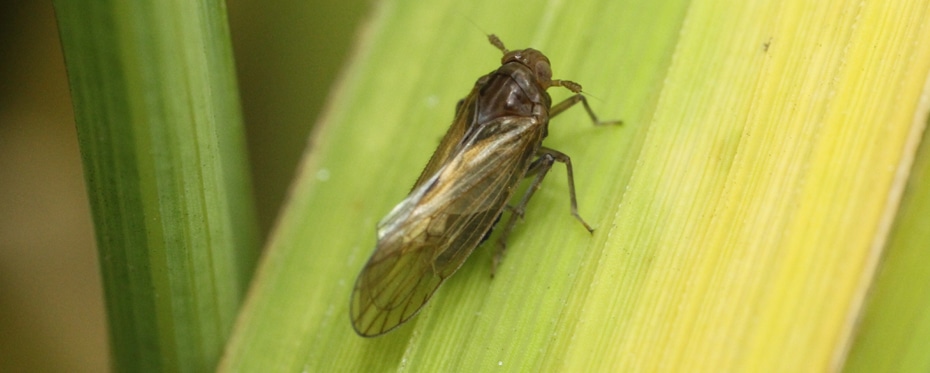Tag: rice
Grasping the grains of gluten

Gluten is a type of protein present in certain cereal grains. The composition of gluten gives wheat dough its elasticity and viscous properties. Increasing intolerance to gluten in human diets has led to a surge in gluten-free food consumption. Here, we understand the important, unique characteristics of gluten, and its major sources. The term gluten is now commonplace in everyday […]
Microwave soil heating can reduce arsenic absorption of rice plants

Rice is a staple food for much of the world’s population, but it is also highly prone to absorbing environmental arsenic compared to other cereal crops. Biochar from microwave-assisted pyrolysis – microwave heating under low oxygen conditions – has been shown to remove contaminants from soil. Microwave soil heating also increases crop growth. Dr Graham Brodie, Governor of the International […]
Read More… from Microwave soil heating can reduce arsenic absorption of rice plants
The effects of climatic trends on agriculture in Western Uzbekistan

Temperature plays a vital role in plant development. Extreme hot and cold temperatures can perturb and even stop plant growth, dramatically affecting crop yields. Independent researcher Julian Schlubach looks at climate trends in an agro-region in Western Uzbekistan. He analysed local meteorological data and IPCC future climate projections to determine how the primary crops there have been and will be […]
Read More… from The effects of climatic trends on agriculture in Western Uzbekistan
Symbiotically competent cyanobacteria for the bio-sustainable cultivation of rice

Every year, large amounts of nitrogen fertilisers are used around the world to sustain the cultivation of rice. The wetland culture conditions required for rice cause nitrogen to leach and contaminate freshwater, triggering a number of adverse consequences for aquatic habitats. Dr Consolación Álvarez and Dr Vicente Mariscal Romero, from the Spanish National Research Council (CSIC), Spain, propose the development […]
Read More… from Symbiotically competent cyanobacteria for the bio-sustainable cultivation of rice
Untangling cross resistance patterns in the brown planthopper
Using long-term monitoring of insecticide susceptibilities

In many countries, rice is a staple crop within people’s diets. There are many insect pests to rice. Of these pests, one of the most devastating to crops is the brown planthopper. Recently, in Asia, the brown planthopper has become resistant to various pesticides, including the frequently used imidacloprid. Dr Tomohisa Fujii from Kyushu Okinawa Agricultural Research Center, NARO and […]